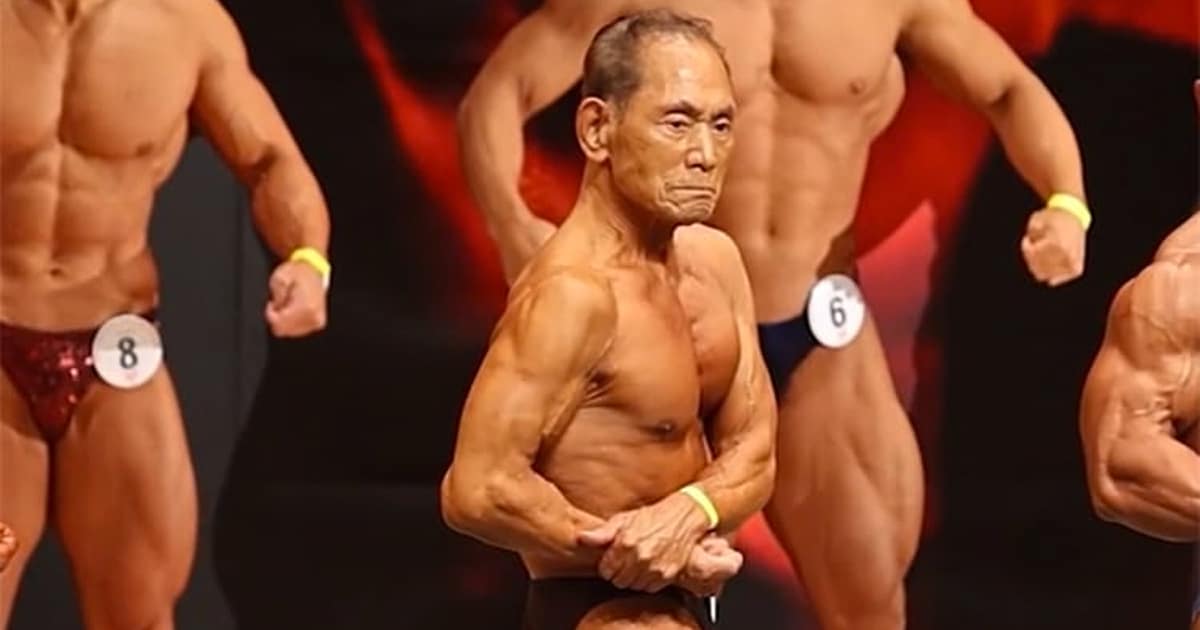@Bill Lets, I find the advice in that quotation too extreme. Follow that advice and then we can quote, "Only the mediocre are always at their best." Occam's Razor posits that, if you're choosing between explanations of something, the simpler explanation is to be preferred. But explanations and theories aren't practices. Hormesis says there is a range of efforts - challenges, if you prefer - we can use in our training, and everything in that range should be used. That range includes things that we can do one day and wouldn't be able to do the next - unless one's life dictates otherwise, some of that heavy effort should be part of best ways to go about fitness.
I think powerlifting makes a good place to spell out an example. Here's my approach, learned from those who came before me and from PlanStrong: twice a year, peak at the end of a 13-week cycle, e.g., October, November, December, compete in early January, then Jan/Feb/Mar, shift to other training, be it powerlifting focused on auxiliary exercises or something further afield like strongman, and April/May/June and July/Aug/Sep repeat the structure of the previous six months. If you use PlanStrong, your 13-week block would be two Preparatory periods followed by a Competition period. Having some weights in the 90-95% 1RM range will make you tired and you won't want to do that again the next day, but the overall effect is more than just positive, it's life-affirming - you'll feel great.
I carry this idea even further, trying to think in 5-year blocks corresponding to the 5-year age groups in which I compete. I take about half of each 5-year block and dedicate it to powerlifting, and then go in other directions for the rest of the time. My own "other direction" preference of late has been "all-around weight lifting" wherein you are picking from a list of 300 competition lifts instead of just 3. This coming block, I'm hoping to do some of that and also, for the first time in my life, add some Olympic weight lifting.
The idea of never doing something that takes so much from ourselves that we can't do it again tomorrow would bore me to tears.
For an excellent description of how to go about this, please read Pavel T. in Kettlebell Simple and Sinister, Revised Edition, Pages 71-73, the section entitled, "Flip The Crazy Switch." A few choice quotes: citing Carl Jung saying, "Man needs difficulties; they are necessary for health." One more from Pavel, "While redlining your heart and flooding your body with lactic acid is not something one should do regularly, an occasional jolt of this sort is highly beneficial to a healthy person to bust through a plateau. As suggested by some research, it might kill defective cells and their components that could cause a lot of trouble if allowed to stick around undead."
-S-


